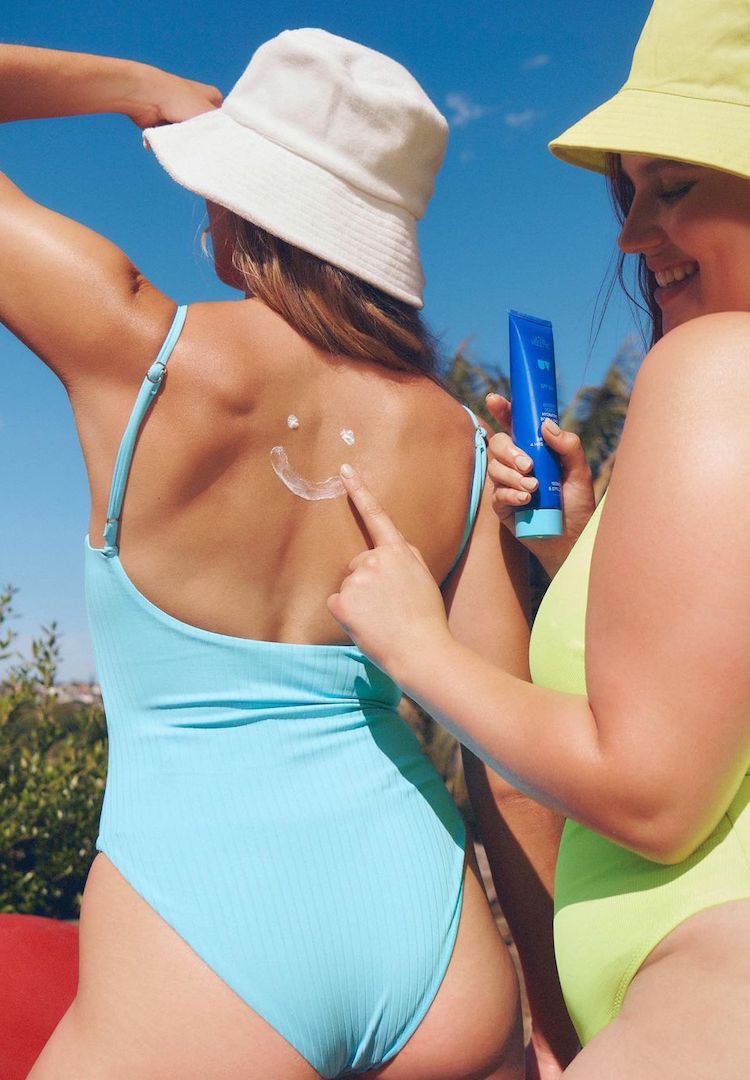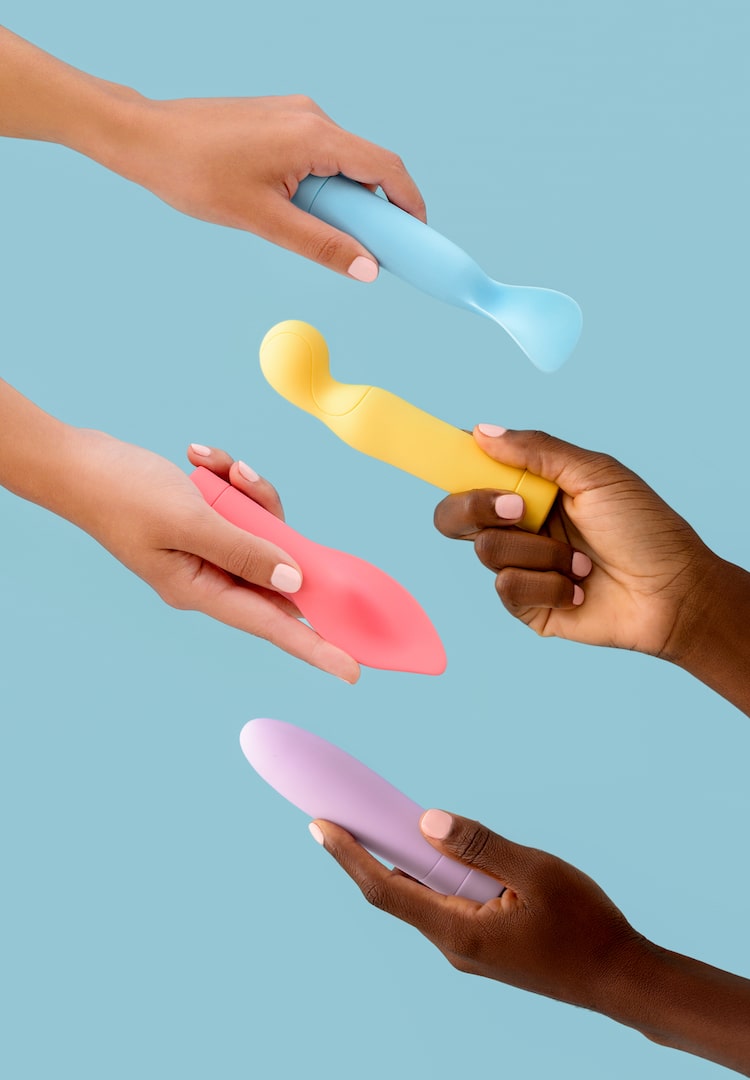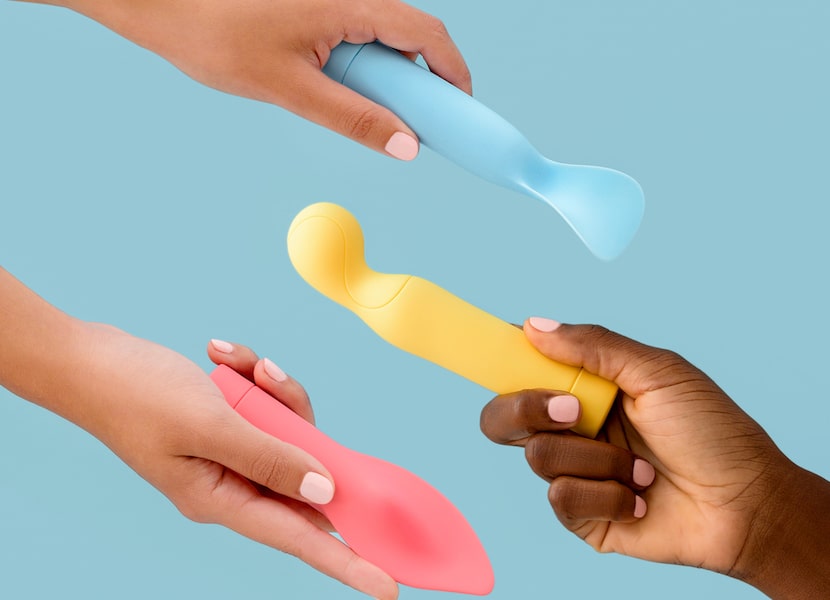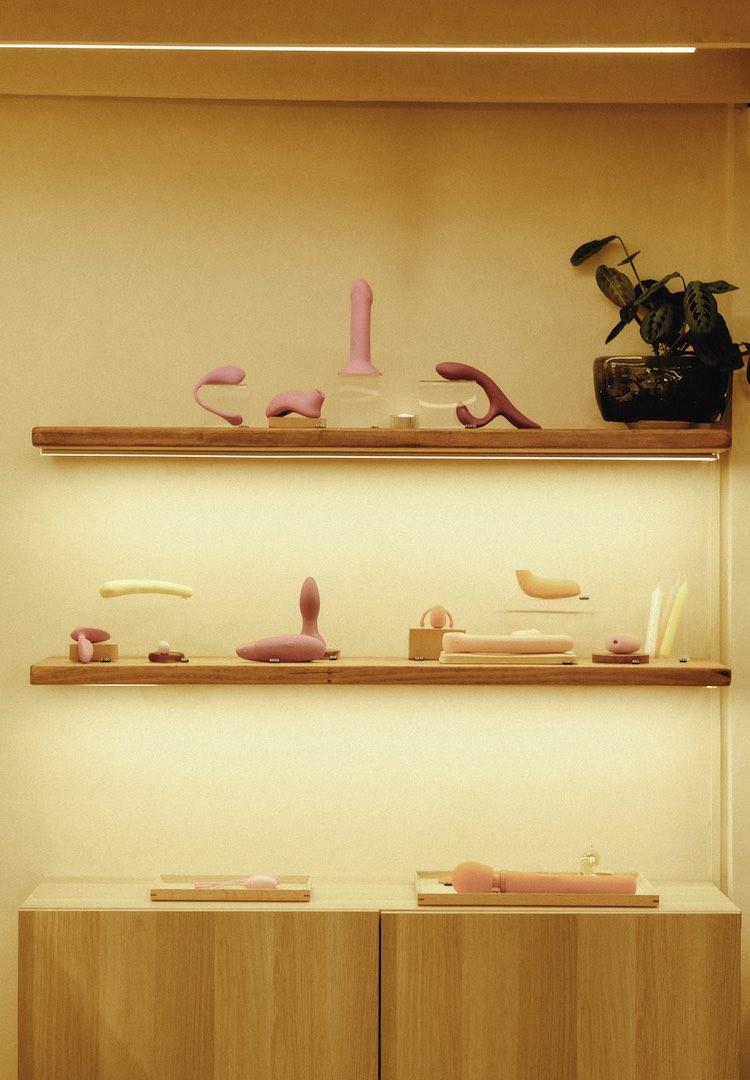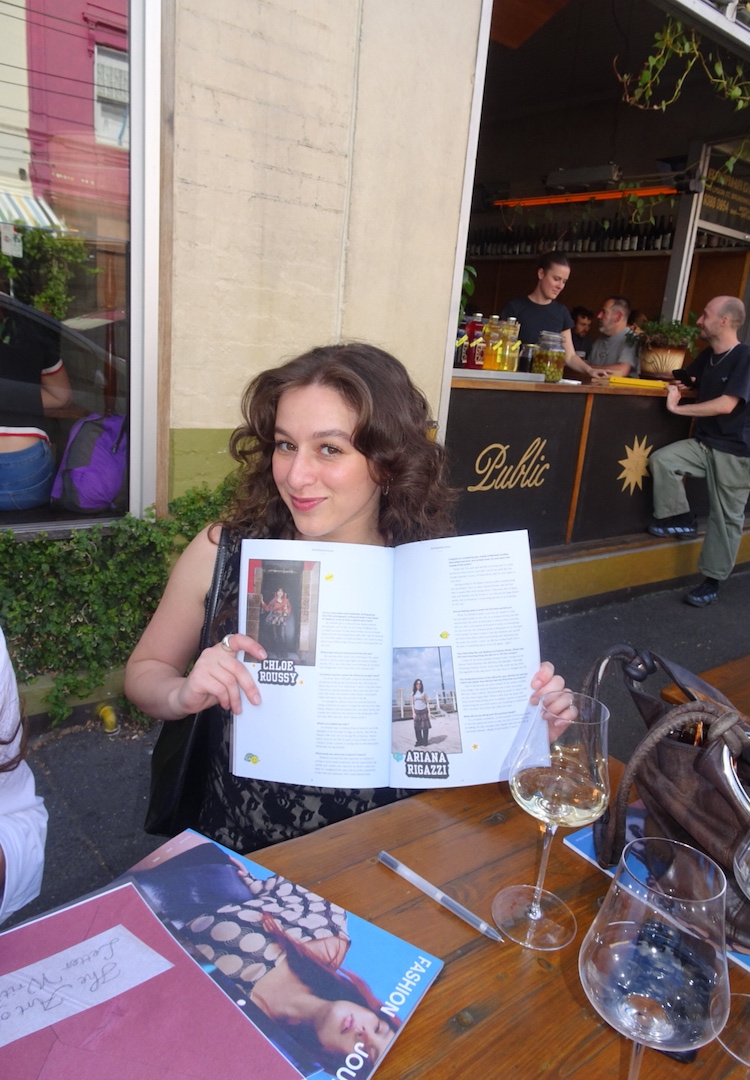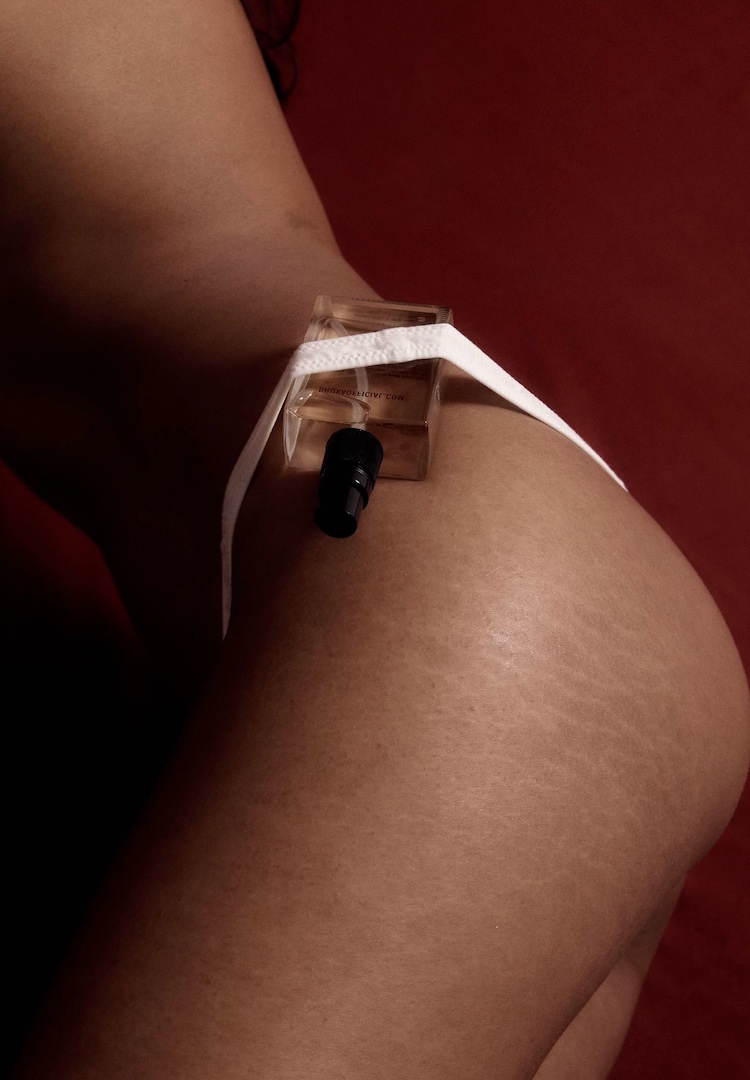Why we need to start implementing pleasure-positive sex education in schools
Image via Smile Makers
Words by Tiffany Forbes
“I think I was 27 when I learned the accurate anatomy of the clitoris, which I find to be very late to understand the inner workings of my own body.”
How many people can put their hands up and honestly say they know their genitalia from back to front? And of those people, how many have been actively encouraged to explore their genital hotspots? Or even learn where they are, and how to activate them? Because I sure haven’t.
When I think sex education, I think about pregnancy scares, STDs and the secondhand embarrassment that came from watching my PE teacher try to put a condom on a banana. I never knew that sex education could involve learning that penetrative sex isn’t always the be-all and end-all, or how to take control of your own orgasms.
Want to stay in the loop with our latest sexual health stories? Head on over to our Life section.
A recent survey found that out of 1000 Australian women over 20 years old, one third didn’t feel that sexual wellbeing was important to them and less than half (48 per cent) said they were actually happy with their sex lives.
So, what’s the deal with this sexual slump? I decided to call in an expert and ask the brand director of fem-tech company Smile Makers, Cecile Gasnault, for some insight.
Her reply was pretty straightforward.“There’s an arbitrary script we’re conditioned to follow as a society, where sex is seen as a very heteronormative, penetration-centred and performance-based human interaction, which discourages self-exploration and creates false ideals about what sex should and should not be,” she explains over the phone.
“It’s almost as if you need to have an orgasm, ideally through penetrative sex, and ideally with someone of the opposite gender. But that’s not what sex is about. You can have sex by yourself, you can have sex with someone without any penetration. And you don’t have to orgasm to still have a good time. That’s the message we’re trying to push.”
As someone who often turned to movies and books as my primary source of sex ed – thanks to the health education curriculum not affording us much of an alternative – I can confirm that when my first time came around and it wasn’t anywhere near the Chuck and Blair from Gossip Girl brand of sex I had envisioned, I was disappointed.
So, in the name of all our teenage selves, let’s do ourselves a favour and move away from these stereotypical tropes. It’s time to start teaching young people that there’s much more to the deed than what’s painted on the big screen. And no, just because you can’t finish through penetration, there isn’t anything wrong with you.
“We need to shift our focus to teaching pleasure positive sex education, because it broadens our understanding of sex,” Cecile notes.
‘‘And what does that look like to you?” I handball back to our expert.
With a smile, she explains the ins and outs (pun not intended) of how we should be looking at sex education — from a pleasure-based lens. This includes asking ourselves: How does my body feel pleasure? What organs are at play? How can I explore pleasure for myself? How can I communicate pleasure with my partner? How can I address pain during sex, (which is actually quite common for women)?
This allows us to check in with our own bodies and urges us to prioritise our own satisfaction, orgasms and sexual wellbeing, which is a foreign concept for many women.
Hoping to pioneer and engrain this ‘pleasure positive’ mindset in vagina owners across the globe, Smile Makers has reinvigorated the female pleasure game with a new collection of affordable vibrators, each of which sets out to stimulate a different area of the reproductive organ.
View this post on Instagram
But the party doesn’t stop there, because each vibrator comes with its very own education pack, too.
“Our community provided us with the crucial insight that some customers weren’t sure how to get the most out of their vibrators, so we tapped into our own sexual education resources in order to include clearer ‘how to use’ guides, anatomical explanations and drawings, as well as expert pleasure tips for self-exploration and experimentation,” says Cecile. Because, as we all know, becoming well-acquainted with our own likes and dislikes is key to taking control of our satisfaction.
This complements Smile Makers’ online resource, ‘Vulva Talks’, which is an elaborative extension of the education kit found in each package.
“Vulva Talks is an online resource available for free. There’s a free e-book that you can download from the website and you even access a library of articles written by sexologists that are based on questions we have received from our community,” Cecile explains.
While the program is targeted at empowering women, Cecile adds, “I think, frankly, it would be great for men to read it as well.” After all, female pleasure shouldn’t just be a women’s issue.
Smile Makers’ new line is available online now. But, if you’re prepared to wait, stay tuned for its retail launch on Australian shores in the next few months.
You can check out Smile Makers’ full range here and access its pleasure positive sex education program Vulva Talks here.

